Post Herniorraphy Pain Syndrome
Post herniorraphy pain syndrome. Proper nerve handling at the time of initial hernia repair is crucial to decrease the incidence of chronic pain. This can also occur and be especially bothersome after inguinal hernia repair. What is Post-Herniorraphy Syndrome.
Post herniorrhaphy pain syndrome or inguinodynia is pain or discomfort lasting greater than 3 months after surgery of inguinal hernia. In most cases the pain is not permanent and will eventually resolve on its own. Post Herniorraphy Pain Syndrome many patients have some prolonged post-operative discomfort after any surgery which may last for several months before resolving approximately 3-5 of such patients may develop chronic or persistent pain in the region of a surgical incision.
The clinical features diagnosis and management of persistent pain following hernia repair and surgical treatment of post-herniorrhaphy neuralgia will be reviewed here. How long it takes to go away depends largely on your age the type of surgery you had the location and size of the hernia and your general health. Illioinguinal NeuralgiaPost Herniorraphy Pain Ilioinguinal neuralgia is a common cause of pain experienced in the lower portion of your abdomen pelvis and into the genital region related to irritation of the ilioinguinal nerve.
Post-operative Inguinodynia from Hernia Surgery Inguinodynia as a hernia post-operative chronic pain syndrome may occur due to an assortment of causes including mesh shrinkage inflammation scarification as well as surgical technique. Randomized trials of laparoscopic vs open inguinal hernia repair have demonstrated similar recurrence rates with the use of mesh and have identified that chronic groin pain 10 surpasses recurrence. After hernia surgery chronic postoperative pain known as post-herniorrhaphy neuralgia is a common complication.
The pain goes away for most people but for 5-7 of patients prolonged post-operative pain may last for months or even years after surgery. Chronic Pain After Hernia Surgery Chronic groin pain is a serious problem after hernia repair. The condition affects nerve fibers and skin causing burning pain that lasts long after the rash and blisters of shingles disappear.
The chickenpox herpes zoster virus causes shingles. Postherpetic neuralgia post-hur-PET-ik noo-RAL-juh is the most common complication of shingles. A presumptive diagnosis of post-herniorrhaphy neuralgia can be made when pain persists for more than three months following hernia repair and is not related to other causes.
Using a multivariate analysis postoperative infections were associated with chronic testicular or scrotal pain and atrophy but hospital status surgeons training level laparoscopic or open operation type of hernia or use of mesh did not correlate with testicular injuries. Patients that have an inguinal hernia where soft tissue bulges through a weak part of your abdominal wall have surgery to alleviate the pain.
A presumptive diagnosis of post-herniorrhaphy neuralgia can be made when pain persists for more than three months following hernia repair and is not related to other causes.
Chronic Pain After Hernia Surgery Chronic groin pain is a serious problem after hernia repair. Illioinguinal NeuralgiaPost Herniorraphy Pain Ilioinguinal neuralgia is a common cause of pain experienced in the lower portion of your abdomen pelvis and into the genital region related to irritation of the ilioinguinal nerve. Randomized trials of laparoscopic vs open inguinal hernia repair have demonstrated similar recurrence rates with the use of mesh and have identified that chronic groin pain 10 surpasses recurrence. Nerve injury entrapment or reaction to mesh and scar may be the cause of severe pain syndromes. Post-operative Inguinodynia from Hernia Surgery Inguinodynia as a hernia post-operative chronic pain syndrome may occur due to an assortment of causes including mesh shrinkage inflammation scarification as well as surgical technique. The chickenpox herpes zoster virus causes shingles. After hernia surgery chronic postoperative pain known as post-herniorrhaphy neuralgia is a common complication. Patients that have an inguinal hernia where soft tissue bulges through a weak part of your abdominal wall have surgery to alleviate the pain. The clinical features diagnosis and management of persistent pain following hernia repair and surgical treatment of post-herniorrhaphy neuralgia will be reviewed here.
How long it takes to go away depends largely on your age the type of surgery you had the location and size of the hernia and your general health. The condition affects nerve fibers and skin causing burning pain that lasts long after the rash and blisters of shingles disappear. Nerve injury entrapment or reaction to mesh and scar may be the cause of severe pain syndromes. A presumptive diagnosis of post-herniorrhaphy neuralgia can be made when pain persists for more than three months following hernia repair and is not related to other causes. Proper nerve handling at the time of initial hernia repair is crucial to decrease the incidence of chronic pain. The pain goes away for most people but for 5-7 of patients prolonged post-operative pain may last for months or even years after surgery. The chickenpox herpes zoster virus causes shingles.

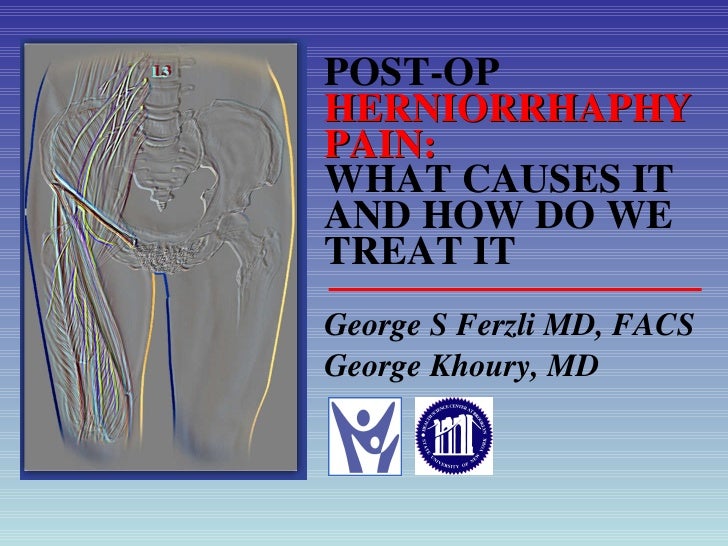




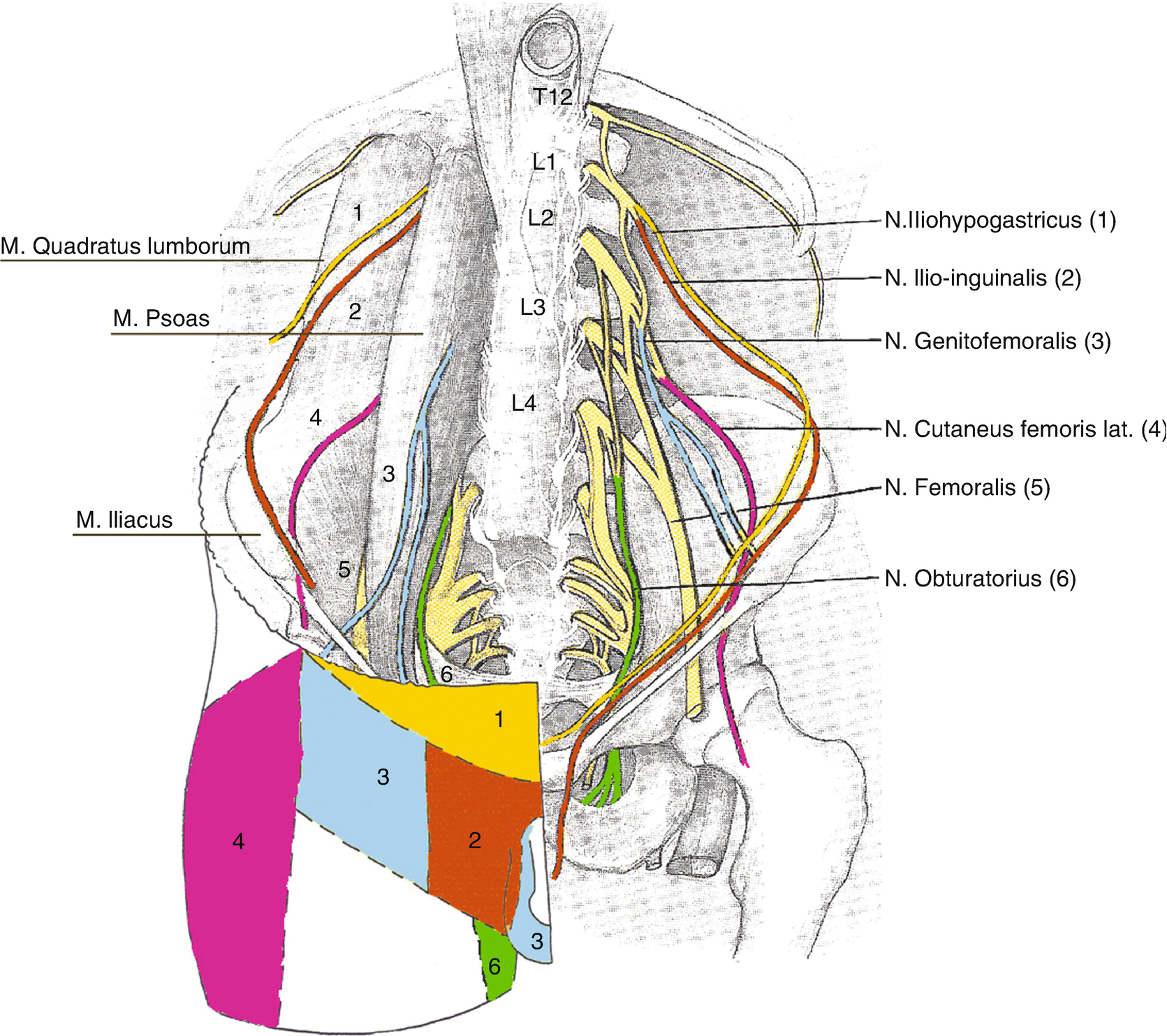




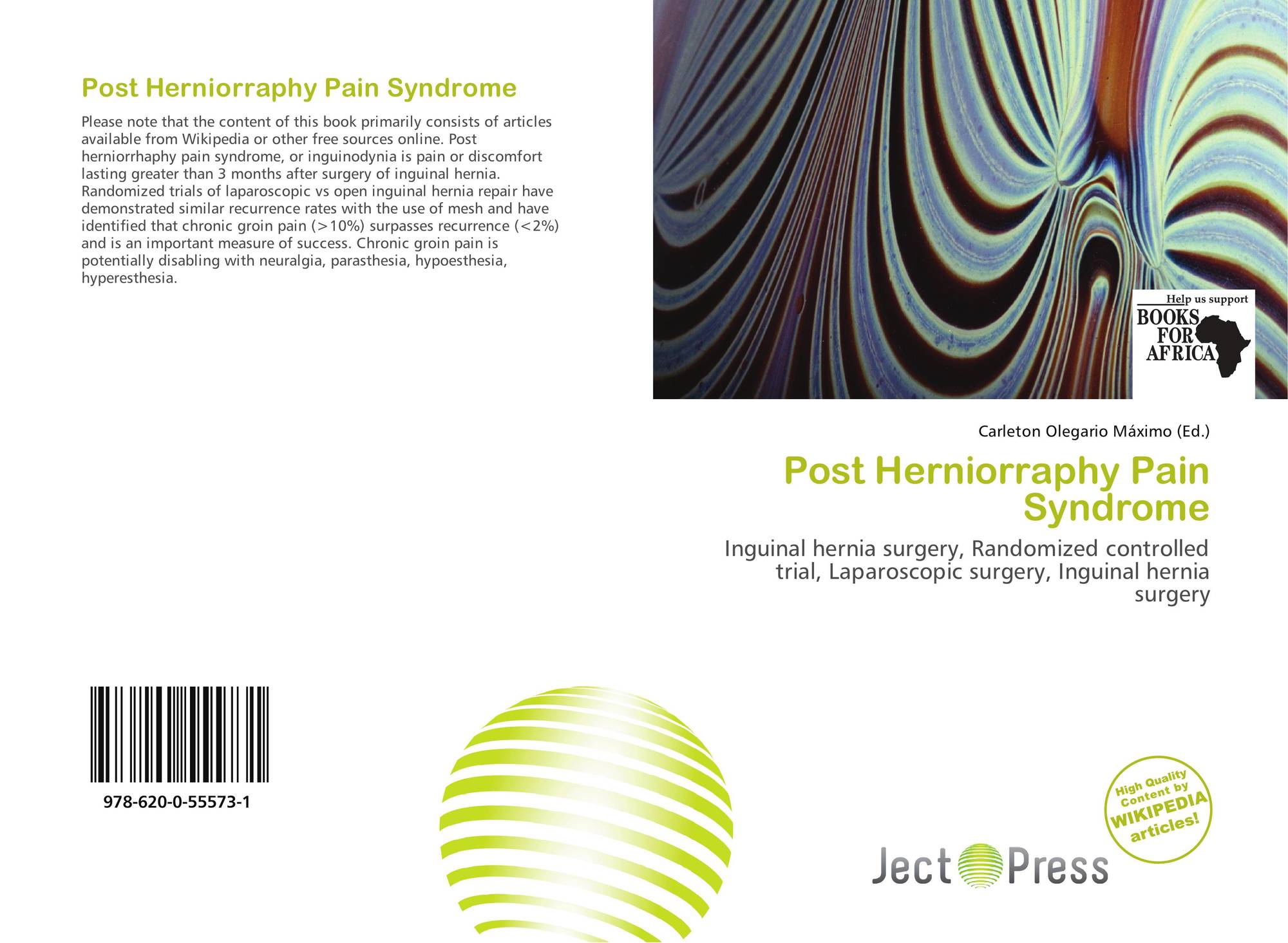


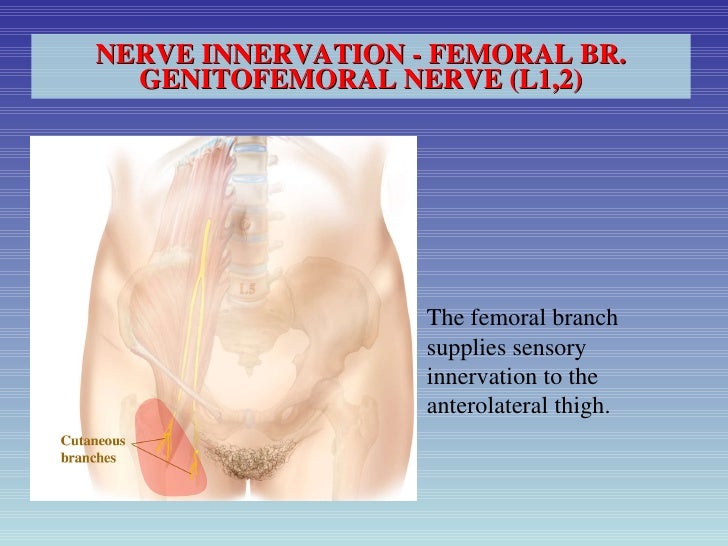

/Depositphotos_4816125_original-56a05f8f5f9b58eba4b02749.jpg)











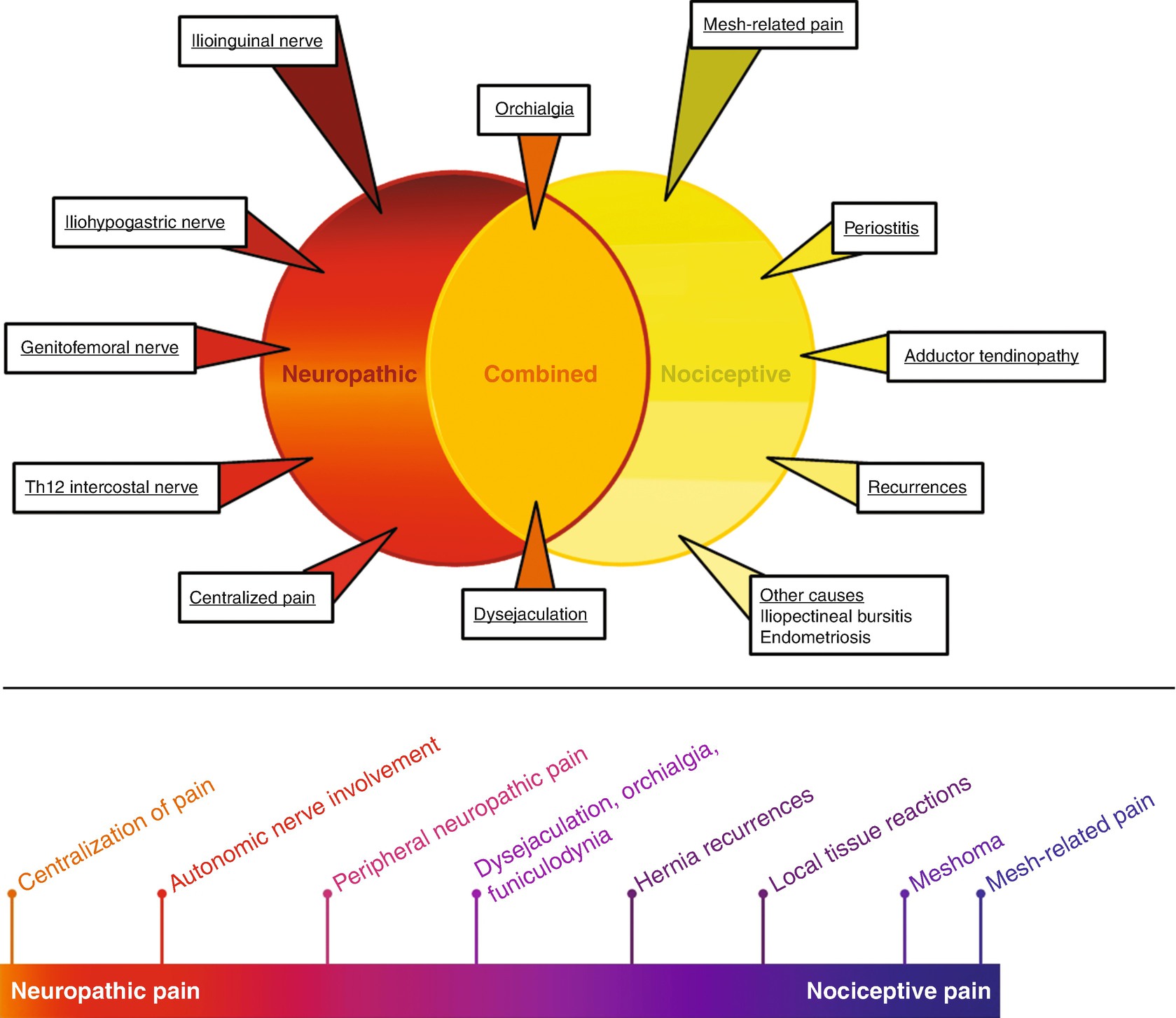






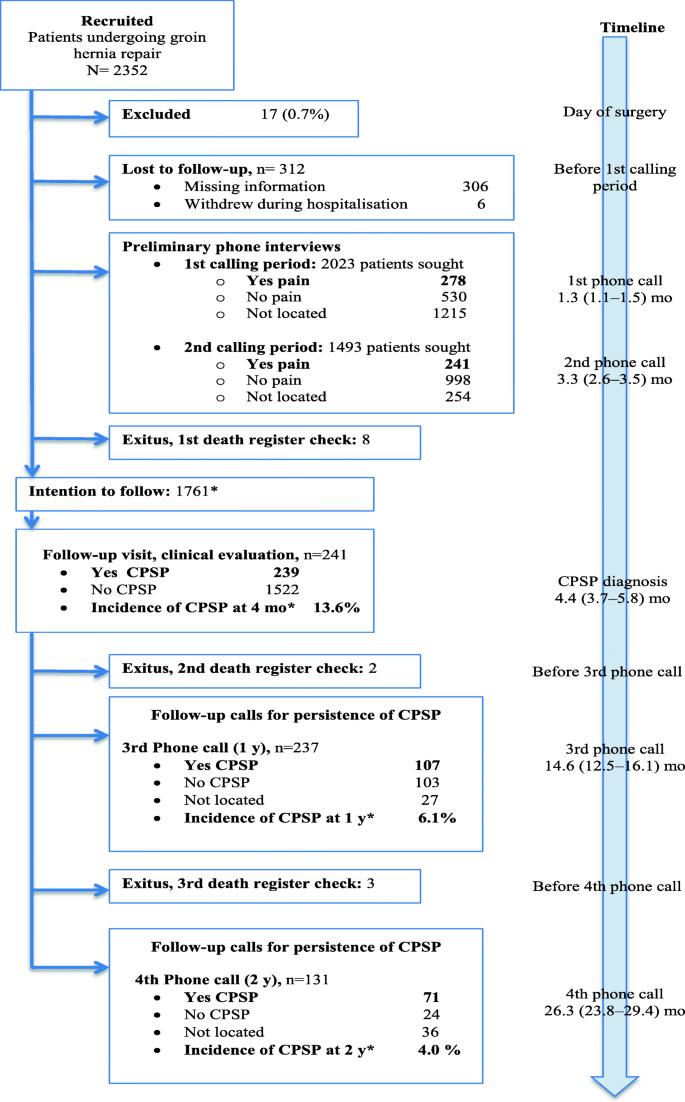
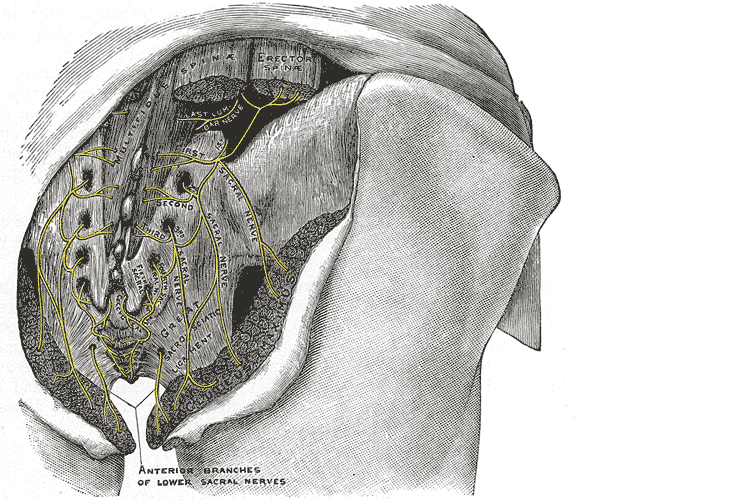




Post a Comment for "Post Herniorraphy Pain Syndrome"